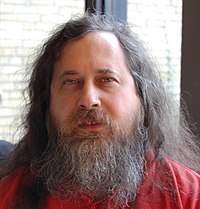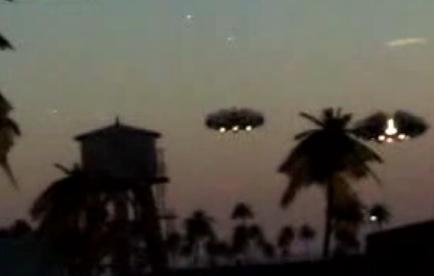The name
Robert Cailliau may not ring a bell, but his invention is the reason you are reading this: Dr. Cailliau together with his colleague
Sir Tim Berners-Lee invented the
World Wide Web, making the
internet accessible so it could grow from an academic tool to a mass communication medium.
Last January Dr. Cailliau retired from
CERN, the European particle physics lab where the WWW emerged.
Wikinews offered the engineer a virtual beer from his native country
Belgium, and conducted an e-mail interview with him (which started about three weeks ago) about the history and the future of the web and his life and work.
History of the WWWMr. Cailliau talks about the challenges he faced in the early 1990s: "A lot of incomprehension, later also some jealousy. And at the start it was difficult to convince the managers that it would grow into a useful tool."
"Looking back and from the many conversations with web and internet pioneers, I think not much has changed fundamentally," Cailliau says. Nothing new under the sun: scalable vectors, style sheets and many other things that have made a breakthrough during the last year, already existed back in the early WWW days.
But not everything went as Cailliau envisioned it: "I predicted that search engines would not cope in the long term. Maybe the existence of
Google is only an indication that there is still only little available on the web."
Mr. Cailliau is a man who has a strong vision, a provocateur at times: "We advanced far too fast with far too many developers who ran away in far too many different directions without much thinking. ... Especially the geeks in the U.S. often behaved like cowboys: shoot first, think later."
Web 2.0 and future directivesRobert Cailliau has edited his own Wikipedia article, and contributes from time to time (for example on Commons). "I use the Wikipedia often. I also contribute here and there. A very great work, looked at with a lot of jealousy. In almost all comments about the Wikipedia I perceive in the background some jealousy and intolerance," he says.
Cailliau strives for more international regulations on online behaviour. He criticizes the fact that websites increasingly take things into their own hands, amid the legal vacuum governments leave us with when it comes to new technologies. "We see more and more cases in which commercial companies take the law in their own hands. And that makes me worried about what the commercial sector will do in the vacuum that the governments just let be."
The WWW father also realises the potential downside of his invention. In contrast to Tim Berners-Lee, Cailliau is not a fan of the semantic web: "It's also a little early to use intelligent machinery. ... You have no idea how "half witted" machines can be. ... Maybe here too we should think and experiment first before we let the beast loose!" He expects an increasing importance for the virtual world: The Matrix, but worse.
You can read more of his ideas about the history and future of the World Wide Web, web 2.0 and wiki's and more comments in the
full story on Wikinews. Mr. Cailliau has answered the questions in Dutch too, and a Dutch release of the interview is scheduled soon.
 >>Full Story.
>>Full Story.










